Ricky Reel: Police 'spied on dead student's family'
- Published
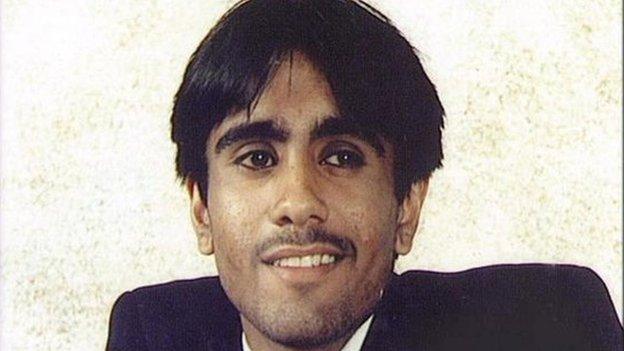
Ricky Reel died in 1997 after a night out in south west London
A mother campaigning for an inquiry into her son's death in 1997 says she has been told she was spied on by undercover Scotland Yard officers.
Student Ricky Reel was 20 when he vanished during a night out in London, shortly after he and his friends had been racially abused by two white men.
His body was found in the River Thames.
The man tasked with investigating undercover policing did not name specific families but criticised the "routine gathering" of information.
Mr Reel's mother, Sukhdev, said she had been informed that officers gathered intelligence on her in 1998 and 1999.
'Time to grieve'
She wants a public inquiry into the spying claims and told the BBC: "This was happening at a time we were feeling very low, we should have been left alone to grieve for our son, instead of being spied upon."
Mr Reel, a student at Brunel University, was last seen alive on 15 October, 1997, after a night out with three friends in Kingston upon Thames, south-west London.
Two white youths had attacked the group of young Asian men. As his friends fought them off, Mr Reel disappeared.
His body was found a week later.
Police said his death had probably been an accident, and an open verdict was recorded at an inquest in 1999.
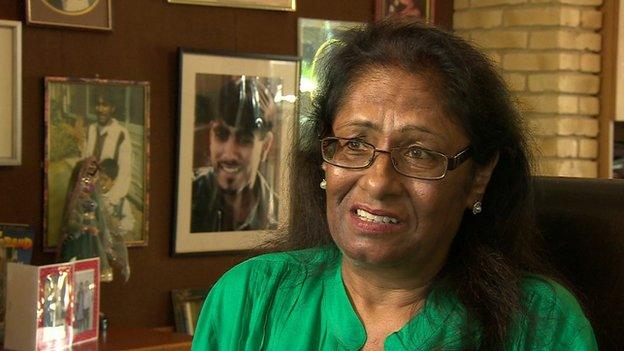
Sukhdev Reel called for a public inquiry into the spying claims
There were two police investigations, neither of which established exactly how he died. His family are critical of those inquiries and have always maintained he was murdered.
Mrs Reel said she had been informed by a senior officer of five occasions when police were gathering intelligence on her.
That officer was from Operation Herne, the inquiry into undercover policing.
She said: "As soon as I heard it, the room started spinning and I felt sick."
The undercover operation involved the unit known as the Special Demonstration Squad (SDS) which also spied on the parents of the murdered black teenager Stephen Lawrence.
Civil rights campaigner Suresh Grover, who has worked with Mr Reel's family on its campaign, said: "The first real gesture that needs to take place is for the police to come and explain who these officers were and exactly what their remits were."
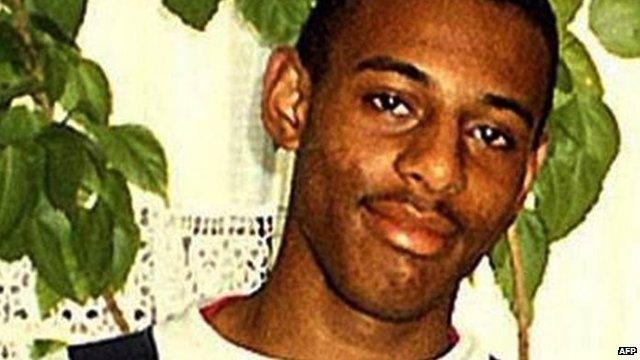
A judge-led public inquiry into undercover policing was ordered after news the Lawrence family was spied on
Derbyshire Chief Constable Mick Creedon, who is leading Operation Herne, said he had found no evidence any family justice campaign was targeted or infiltrated.
He said he would be publishing a report on Thursday into allegations that officers were tasked with infiltrating justice campaigns.
'Weeding process'
He added: "Whilst it is also clear that there was neither an SDS or Metropolitan Police Service (MPS) tactic to infiltrate or report on such campaigns for justice, my report will be critical of the MPS, and in particular of MPS Special Branch for the routine gathering and retention of information that was collateral, not linked to an operation or the prevention of crime and it should have been disposed of as part of a weeding process."
He said he would not name the families visited as part of his inquiry.
Operation Herne was launched in October 2011 after claims that some undercover officers engaged in long-term sexual relationships with people they were spying on.
Home Secretary Theresa May announced a judge-led public inquiry into undercover policing after a separate investigation found that the Lawrence family had been spied on.
- Published13 March 2013
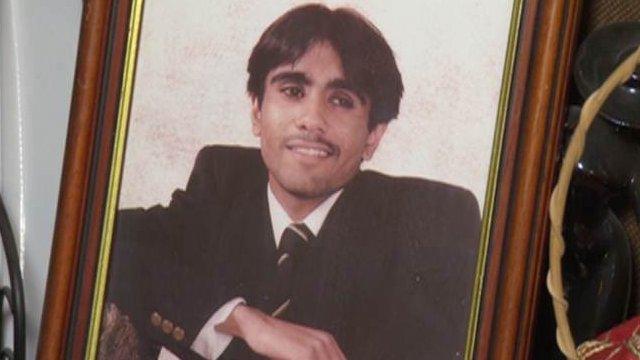
- Published24 June 2013
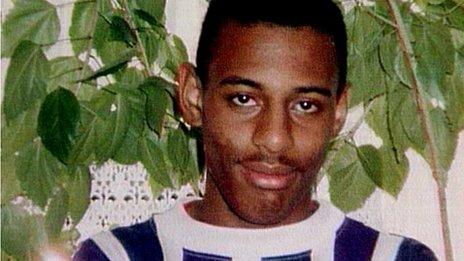
- Published24 June 2013
- Published6 March 2014
